
From the Chapter

Sacramental Evangelism
By The Rev. Ernest Buchanan, ’09
One of the ways I have described what it means to be Anglican/Episcopalian over the years is that we are both an evangelical and catholic church; catholic in that we have maintained the marks of the historic catholic faith, such as apostolic succession; the threefold ministry of bishop, priest, and deacon; the historic catholic creeds; and a high view of the sacraments. We are evangelical in the sense that we focus on teaching the Scriptures and call people to conversion and new life in Christ. This explanation is frequently necessary in the pastoral context in which I minister in far South Texas.

A Reflection on Julian’s Revelations
By The Rev. Edward A. Fitzhugh, ‘20
When people think of God, what is the most common perception? Is it normal to picture a large being with a long, white beard in the sky, as depicted in Michelangelo’s famous Creation painting in the Sistine Chapel? The problem is that too many people try to give God a face with a specific figure because that seems to be the most natural and satisfying way of identifying our Creator; it is what our human minds most easily perceive. Being a lover of the subject of mysticism and passionate about mystical studies, I was excited to learn about Julian of Norwich’s Revelations of Divine Love.
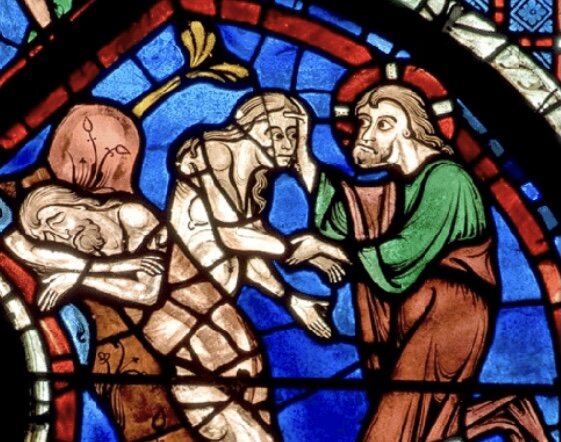
Erotic Absence and Sacramental Hope: Rowan Williams on Augustinian Desire
By Jonathan Jameson, ‘19
This work previously appeared in the Anglican Theological Review under the title 'Erotic Absence and Sacramental Hope: Rowan Williams on Augustinian Desire' (volume 102, no. 4, Fall 2020), and is used here by permission of the Anglican Theological Review. Written by Jonathan Jameson, ‘19, winner of the 2019 Charles Hefling Student Essay Competition sponsored by the Anglican Theological Review.

And We Go Forth in the Company of Angels
By The Rev. Paul D. Wheatley, Instructor of New Testament at Nashotah House
One night sitting around the table the question turned to our six-year-old daughter concerning which aspects of stories are real. Real or not real is an important distinction to a young mind, and a bellwether of the development of the life of faith.
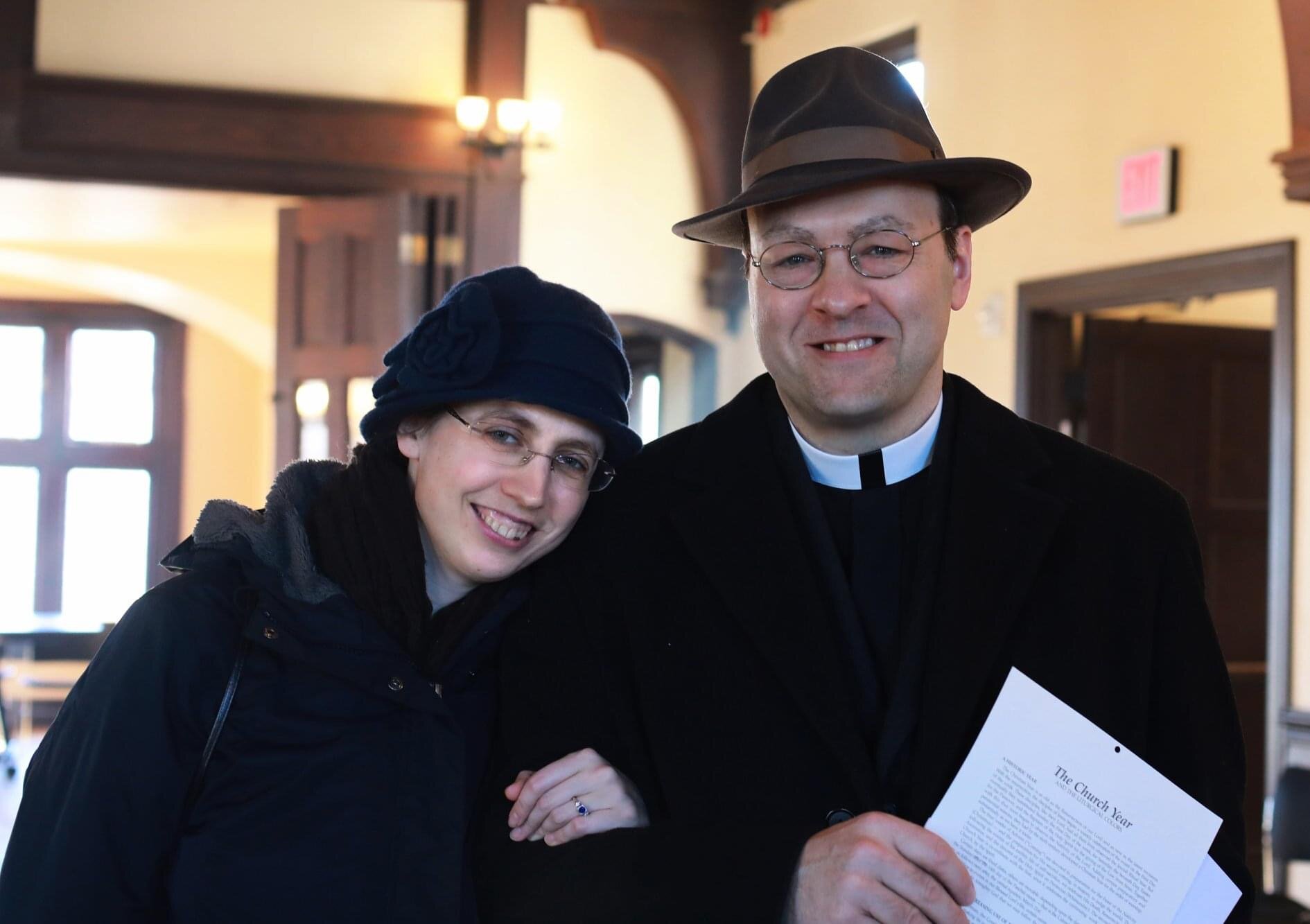
Episcopal Church Foundation Announces 2020 Fellows
The Episcopal Church Foundation has named the 2020 Fellows class and includes The Rev. Hannah Armidon. Currently in the Episcopal Diocese of Springfield, Hannah and her husband Robert were residents at Nashotah House, where Robert is completing his Master of Divinity in 2021.
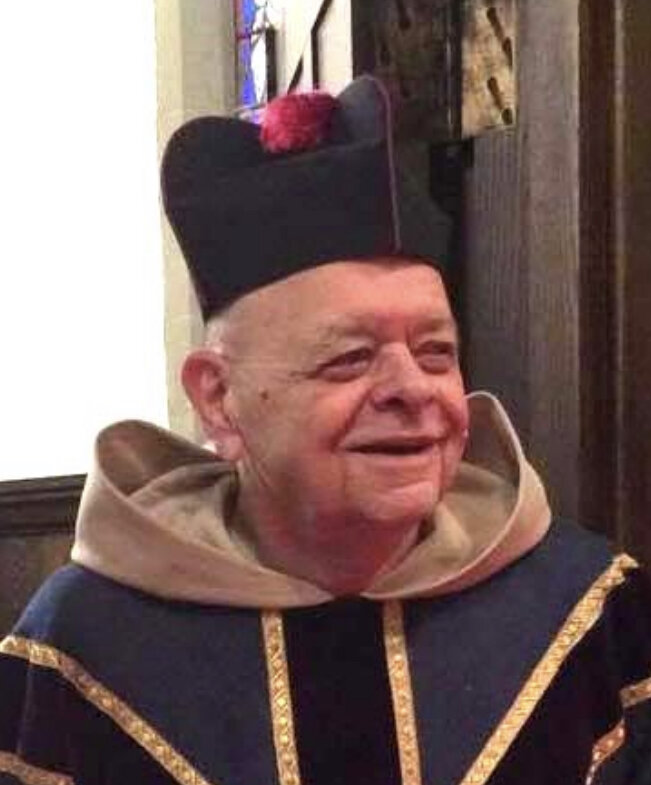
The Very Reverend Gus Franklin, S.S.C., 1938 - 2020
The Very Reverend Gus Lee Franklin III, S.S.C., died May 3, 2020, after a long and courageous battle with lung cancer. Fr. Franklin was born on January 28, 1938, in Bellevue, Kentucky, the eldest son of Ruth and Gus Franklin II.
Fr. Franklin graduated from Nashotah House in 1967 with an M.Div. degree. Prior to the priesthood, he taught at Bellevue High School, and received his bachelor's degree from Eastern Kentucky State College. He majored in mathematics and music and was named to Delta Pi, a National Education Honorary Fraternity.
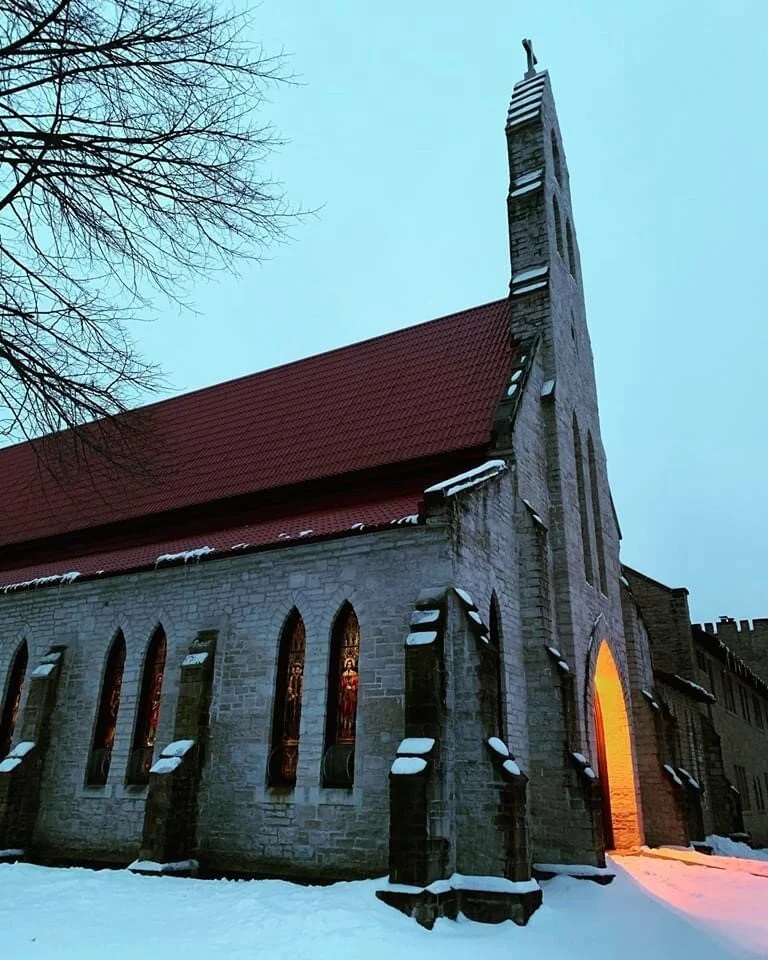
Liturgy and Social Justice
By Elisabeth Rain Kincaid, Ph.D.
In a seminary setting with a daily rule of prayer, students and professors can easily fall into a trap of distinguishing between teaching students how to advocate for justice in the “real world” and the “in-church” liturgy of prayer and worship of seminary life. At times, the liturgical rhythms might even appear to be an intellectual or temporal straitjacket: hindering the work of classroom learning or service to the community and work for justice.

John Keble’s “The Christian Year” (1827)
A Review by The Rev. Ben Jeffries, ’14
Historians commonly date the beginning of the Oxford Movement to Keble's Assize sermon of 1833, but Pusey dated the beginning to the publication of The Christian Year five years prior. It was the Christian Year, Pusey said, that adumbrated and inspired the true spirit that led to the catholic revival of the mid-nineteenth century, during which time it was tremendously popular: by the time the copyright expired in 1873, it had been printed in over 150 editions, and sold nearly 400,000 copies in England alone.
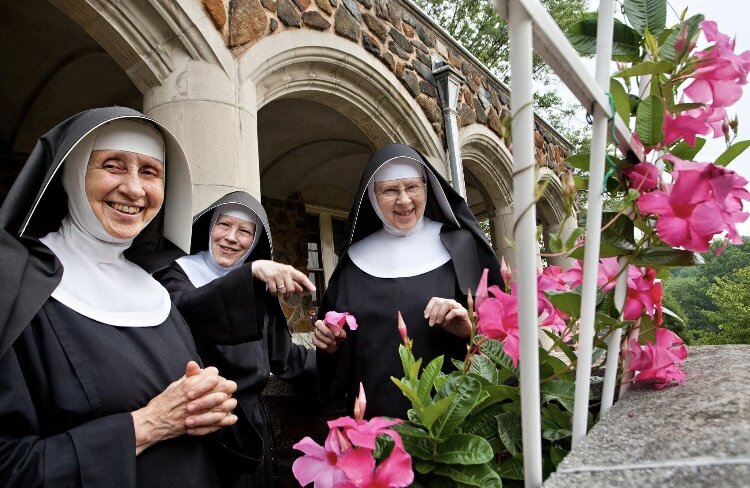
Sister Catherine Grace Bowen, 1929-2020
Sr. Catherine Grace Bowen led in the founding of The Joseph Richey Hospice in Baltimore, Maryland, together with Mount Calvary Church, an Episcopal parish in Baltimore. Continuing in a legacy of hospital care, the All Saints Sisters of the Poor were pioneers in hospice care in America, when, under Sister Catherine Grace’s leadership they founded the hospice in 1987. Throughout their history, the sisters worked with the poor of Baltimore as part of their charism of hospitality. Some of that work has included reaching out to children with special needs and ministering to AIDS patients.

Love, the Liturgy, and the Really Real
By David Fagerberg, Ph.D.
Liturgical theology confesses that creation is still in motion. Creation is not a past event, it is a present and on-going event. Each moment comes from God’s hand. Don’t say “God created;” say “God is creating.” He does so, as Gaudium et Spes said, with stability, proper laws, and order, making his creation susceptible to investigation. History unfolds within this stable order, and history is made of personal encounters. We have them with each other; and salvation history witnesses to personal visitations by God, as well.

EmberTune: In Honor of Skit Night
By The Rev. Thom Flowers, ‘15
By the time the Easter Term of that first year rolled around, I still desperately needed to blow off some steam and found my safety valve in the form of Nashotah House’s Skit Night. I was simply inspired by the grand idea to provide full disclosure to disabuse any prospective students in the audience who had the idea that they aspired to study at the House. I can't remember how I first came up with the notion that confounded a “letter home from summer camp” with an Ember letter, but there turned out to be so many similarities that the song practically wrote itself.
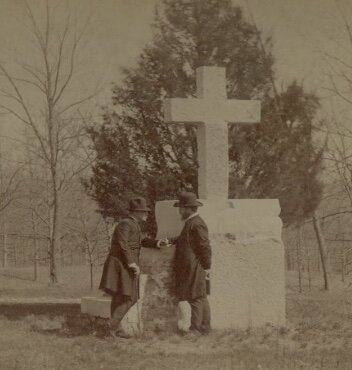
No Real Absence
By The Rev. Dr. Michael B. Cover
Do not forget that the Sacrament does not stand alone: it is bound up in a three-fold cord with Scripture and the Trinitarian faith. There may be moments when you as a priest may not be able to serve, as Shakespeare says, “in matter”; do not, in those moments, fail to gather “in Word.” Returning again to Genesis 14: it was with the two edged sword of the Word of God that Abraham went to war to rescue the captive Lot, and to deliver him from the kings of Elam, Goiim, Shinar, and Ellasar. Do not flee, like the kings of Sodom and Gomorrah, hired hands rather than shepherds. When the Word cannot be given in Sacrament, He is mightily present in Scripture.
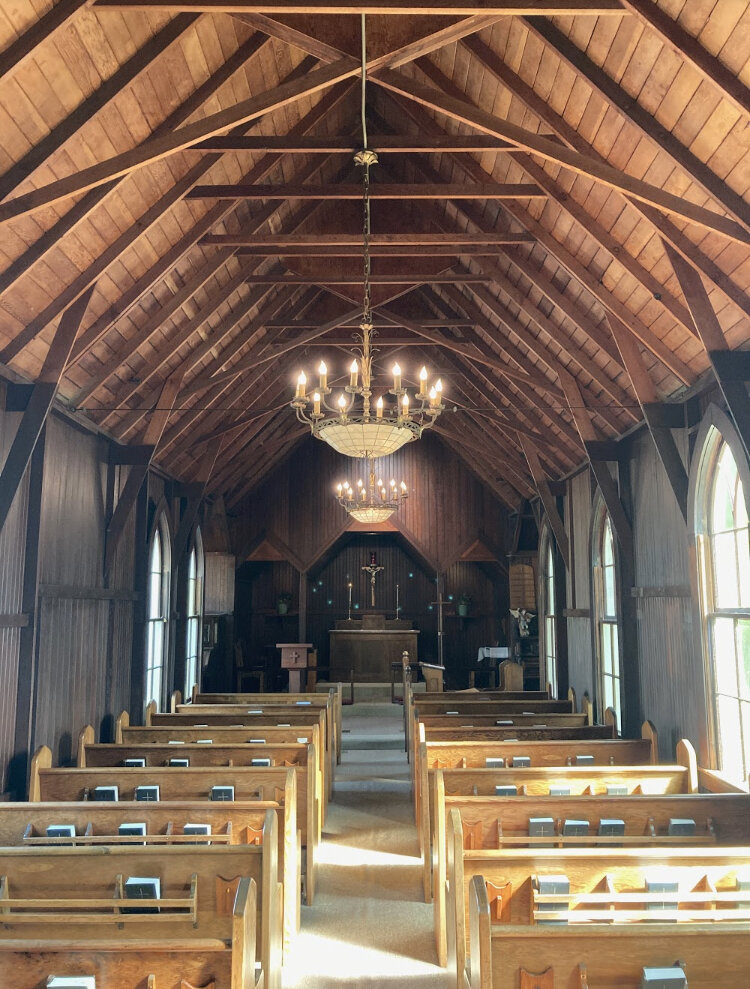
Commitment in Courage
A Reflection on The Bible & Theology in Color at Nashotah House | Recently Dr. Jim Watkins interviewed Silverio Gonzalez, a parishioner at St. Michael’s, to learn more about why they chose to sponsor the course and the impact it is having in their parish.
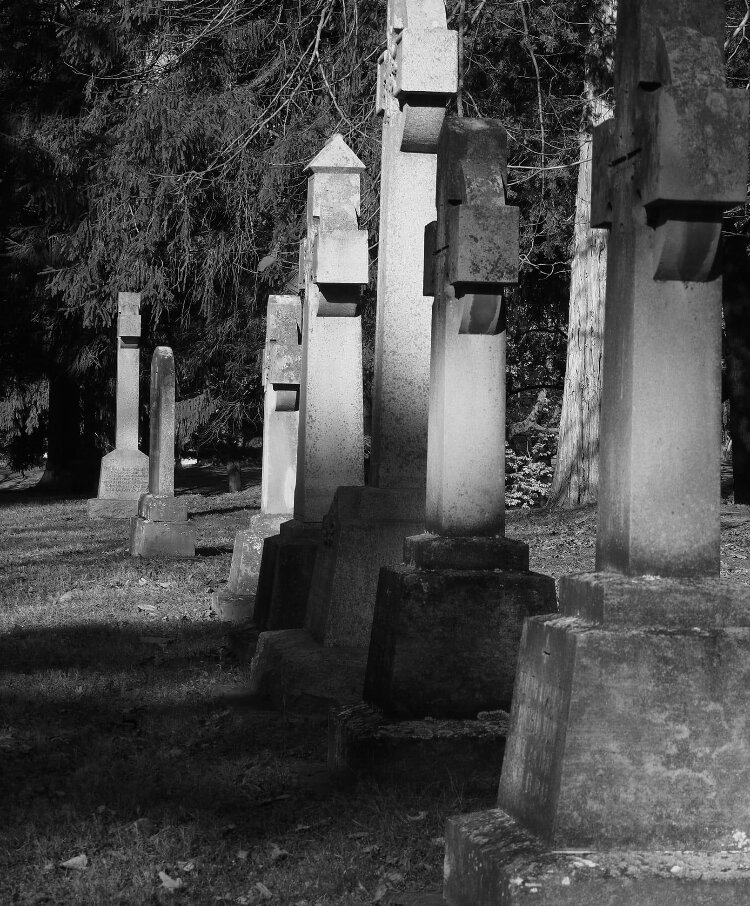
Homily for All Souls’ Day, Nashotah House
By Elisabeth Rain Kincaid, Ph.D.
“Bodies,” says the sleazy poet Mybug, portrayed by actor Stephen Fry, as he attempts to seduce the prim Miss Flora Post, played by Kate Beckinsdale, in the screwball British comedy Cold Comfort Farm, “Bodies, Miss Post, are so much more interesting than souls.”
Now, while I would never advocate this approach as orthodox theological doctrine nor would I present it to you as an example of a successful “pick-up” line, I do think, on this Feast of All Souls’, it is important and (I hope) even interesting for us to begin by talking about bodies.

Then the World Will Know
By Marie Griffith
I knew my black and brown brothers and sisters were feeling a weight and a pain I could never know, and I wanted to learn from them. Nashotah House’s online course, The Bible & Theology in Color, promised to help me appreciate their insights, their history, and hear what they had to say to the church.
As we began the course, Dr. McCaulley asked that we engage with humility and invited us into a lifetime of study. His claim is this: the Bible contains the story of God bringing glory to himself by creating a diverse group of people and bringing them into a community centered around him and rooted in the good creation he has made.
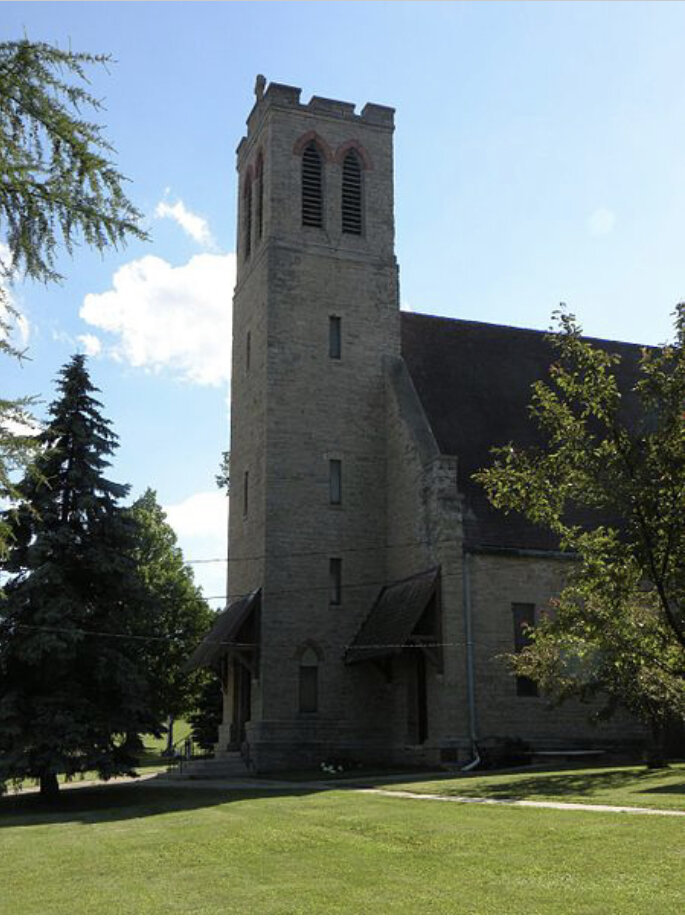
The Historic Friendship of the Oneida Tribe with Nashotah House
Nashotah House’s legacy of historic relationships reaches across the U.S. and abroad. Among them are the Oneida tribe, who, since the mid-1830s, have enjoyed a rich tradition in both Wisconsin and with Nashotah House. The Rt. Rev. Jackson Kemper, the first missionary bishop to the Episcopal Church in the United States (1835-1870), was known to the Oneida as Ha-re-ro-wa-gon or “He who has the Power over all the Words.” Also among the friends of the Oneida was the third Bishop of New York and founder of General Theological Seminary, John Henry Hobart (1816-1830), after whom the Oneida named their first church, Hobart Church.

Going Behind Aquinas: Nouvelle Théologie and the Catholic Retrieval of Mystery
By Hans Boersma, Ph.D.
In 1946 in a world shattered by war, the Catholic Church stood as an unmoved landmark. For Catholics the church offered refuge from the chaos of the twentieth century and a moral and intellectual vantage point from which to criticize the secular world and offer a constructive alternative. The bedrock of this confident, assertive Catholicism was the philosophy and theology of Thomas Aquinas (1225–1274), enshrined by Leo XIII in his 1879 encyclical Aeterni Patris as “the special bulwark and glory of the Catholic Faith.”
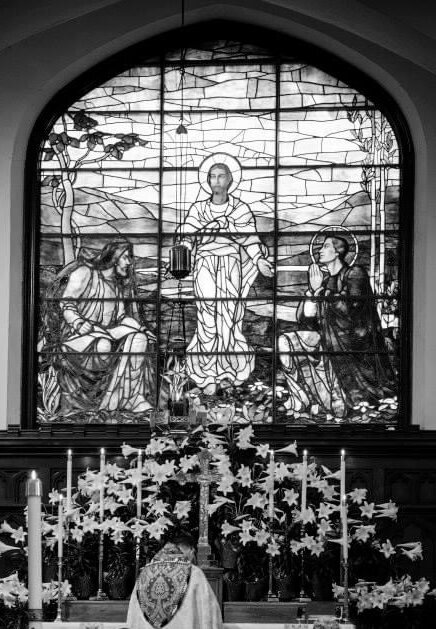
A School for the Lord’s Service
By The Rev. Lee Nelson, ‘05, SSC
Time is a central part of the rule. The day is not only fitted to the various seasons, but it tells you when to pray and when to eat and when to read. Benedict will say you might be working on the most important sentence ever written, but when the bell rings, you head to the chapel to pray. Nothing is to be preferred to the love of Christ. We Anglicans have a great deal to say about the sanctification of time through not only the Church Year, but also through the constant practice of the Daily Office. Further, through the constant celebration of the Eucharist, we enter into God’s unceasing time. This forms the soul in a way of conversion.

On Church without Taste
By Samuel C. R. Cripps
I see them unmasked, praise band cranking, not an altar in sight, and I sometimes get a certain feeling of both jealousy and superiority. Jealousy that they can fellowship with the other members of their congregation while I cannot; and superiority in that I consider my tradition and my customs a little more “proper” or a little more “refined.”

To Delight in His Will and Walk in His Ways
By The Rev. Dr. Nathaniel Kidd, ’12
The central success of Fr. Westberg’s book is its quiet demonstration that moral theology can indeed be “renewed” in our times without being “revolutionized” according to secularism, or becoming distracted by the blunders of well-intended but ill-considered church or societal policies. By representing a deep and comprehensive Christian moral vision, he shows us that the Church’s tradition of moral reasoning speaks, not just to a handful of moral and social issues, but to the entire essence of humanity.
